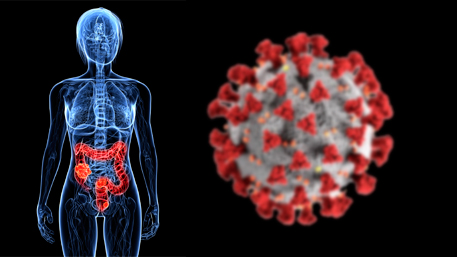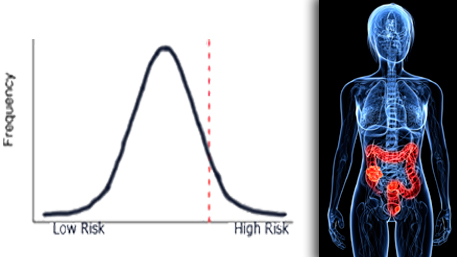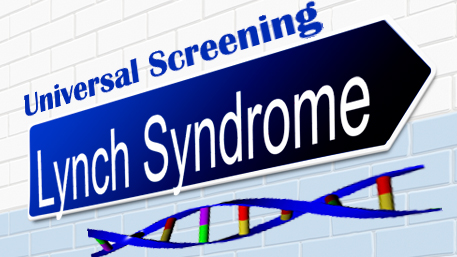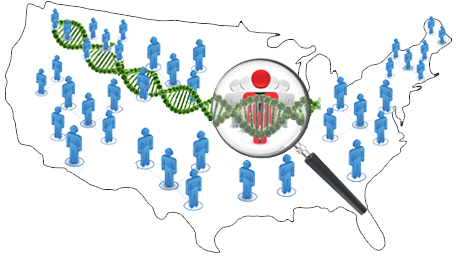Search Results
10 results for cancer
Persistent Underutilization of BRCA Testing for Breast and Ovarian Cancer in the United States: Implications for Health Disparities

Two recent studies document ongoing underutilization and disparities in genetic testing for patients with breast and ovarian cancer. BRCA1 and BRCA2 (BRCA) genetic testing is supported by clinical guidelines to inform hereditary cancer risk for people with certain personal or family health histories of breast, ovarian, pancreatic, or prostate cancer, and to guide treatment decisions
Posted on by 1 CommentStool-based Colorectal Cancer Screening in the COVID-19 Era

The COVID-19 pandemic continues to exact a devastating public health toll and in many indirect ways. While people work from home and avoid social contact, many may also be skipping important preventive care. Findings released in May of 2020 indicated a drop of between 86% and 94% in preventive cancer screenings in 2020 compared with
Posted on byShould polygenic risk scores be used in risk-stratified colorectal cancer screening?

Polygenic risk scores (PRS) summarize information about a person’s disease risk based on numerous DNA variants in their genome. Each variant confers very little increase in disease risk. But composite (or polygenic) risk scores made up of a number of such variants have been shown to stratify people to normal distributions of disease risks for
Posted on byA 2020 Reality Check on the Public Health Impact of Cancer Genomics and Precision Medicine

“Precision oncology has had some major successes… And yet, the overall effect of precision medicine on care for patients with cancer has been modest.” (David Cutler, JAMA Health Forum, 2020) The Promise of Genomics and Precision Medicine in Reducing the Burden of Cancer In 2015, the United States launched the Precision Medicine Initiative (PMI) “to
Posted on byCan an Aspirin a Day Prevent Colorectal Cancer in People with Lynch Syndrome?

Encouraging news for group at much greater risk of CRC Lynch syndrome (LS) is the most common cause of hereditary colorectal (colon) cancer (CRC). People with LS have a 50-70% risk of developing CRC in their lifetimes – far higher than the 4% risk within the general population where CRC is a leading cause of
Posted on byWhen Should You Be Screened for Colorectal Cancer?

Starting at the right time saves lives. People with a family history of CRC may need to start much earlier. Doctors and public health professionals strive to live by the creed “First, do no harm” but often wrestle with difficult choices, including when and how often screening tests should be conducted. Effective prevention of colorectal
Posted on byUsing Genetic Risk Scores in Cancer Screening: Are We There Yet?

Precision screening seeks to measure benefits and risks of screening more accurately by accounting for individual-level differences, such as those in genetics, environment, and lifestyle factors. Accounting for individual differences may allow risk stratification to identify persons whose cancer risk is high enough that the benefits of screening would outweigh potential harms or whose cancer
Posted on byUniversal Screening for Lynch Syndrome: Can Tumor Sequencing Have a Larger Public Health Impact on Treatment and Prevention of Colorectal Cancer?

Lynch syndrome (LS) is the most common hereditary syndrome associated with increased risk of colorectal cancer (CRC), accounting for about 3% of CRC patients. LS is a dominantly inherited condition with mutations in several mismatch repair (MMR) genes. Persons with LS are also at increased risk for endometrial and other cancers. Lynch syndrome affects 1
Posted on byIntegrating genomics into population-based cancer surveillance in the era of precision medicine

Population-based cancer surveillance provides a quantitative measurement of cancer occurrence in the United States and globally. Core activities of surveillance include measuring cancer incidence and characterizing each cancer with regard to histopathology, stage, and treatment in the context of survival. Cancer surveillance has been crucial in informing policy and practice, as well as clinical and
Posted on byTracking Translation of Human Genome Discoveries into Prevention and Control of Common Chronic Diseases: The Action is in Cancer!

Genomics seems to be everywhere these days. From the Human Genome Project to the Precision Medicine Initiative and from the Cancer Moonshot to breakthroughs in genome editing, we are overwhelmed with information about genomics. The hope and hype of discoveries are intermixed daily in published scientific articles and media coverage of how they might improve
Posted on by

